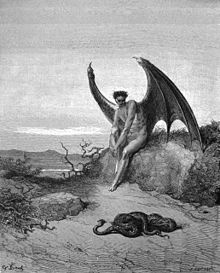
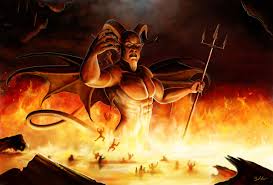
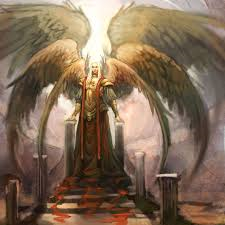
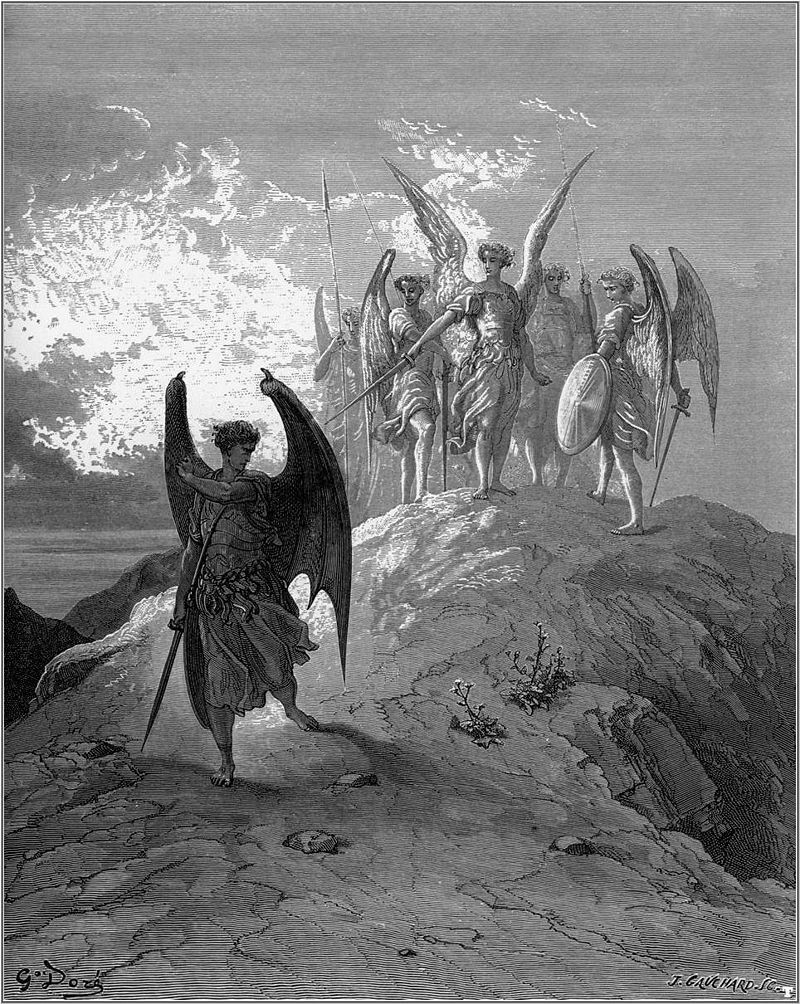
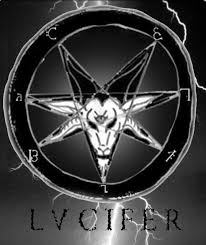
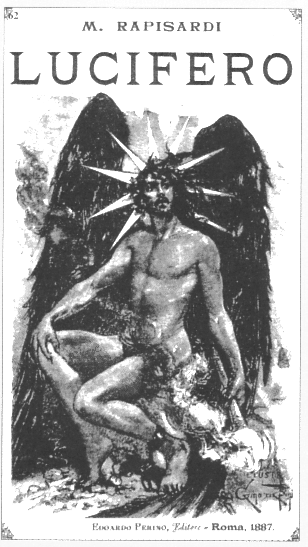
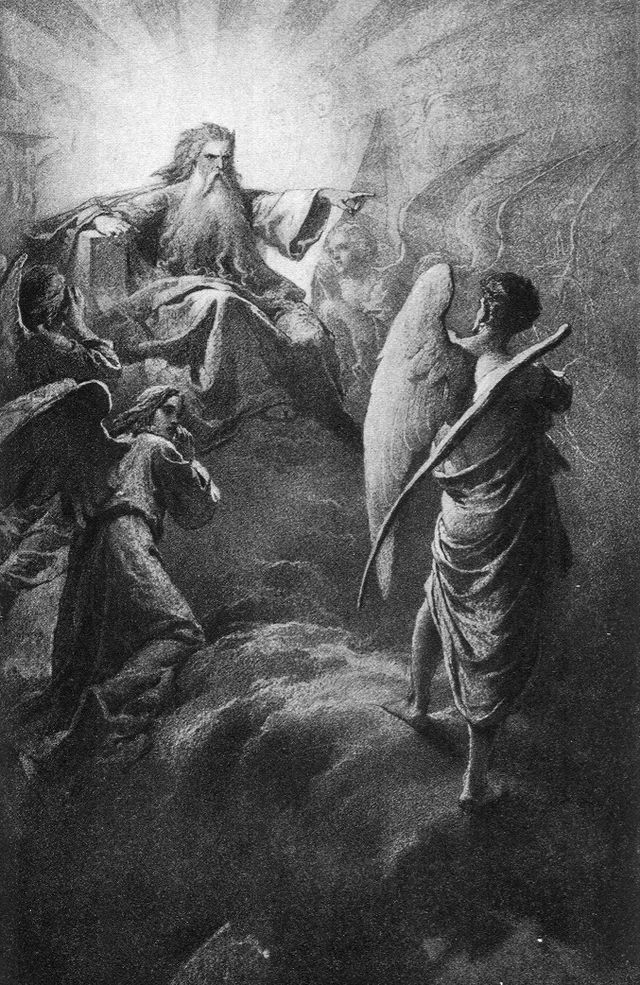
路西法(英語:Lucifer),基督教與猶太教名詞,出現於《以賽亞書》第14章第12節,在後世誤傳中,通常指被逐出天堂前的魔鬼或者撒旦.
路西法出現於《以賽亞書》第14章第12節,為希伯來語:הֵילֵל,拉丁化為hêlêl 或 heylel,,而在聖經中,這個名詞只出現過這一次。
七十士譯本將它譯為古希臘語:ἑωσφόρος(heōsphoros),字面意思為黎明使者,即黎明時分出現的金星,又稱啟明星。武加大譯本將它譯為拉丁語:Lucifer,由lux(光,所有格 lucis)和ferre(帶來)所組成,意思是「光之使者」。
明亮之星從天墜落(十四:12-15):這一段經文表面上是論巴比倫的,但同時啟示我們魔鬼墜落的原因,經過和其結局。明亮之星,早晨之子指著天使,但天使何竟從天墜落呢?那是因為它心裡會說,我要昇到天上,我要高舉我的寶座在神眾星之上(眾天使之上),我要在大家聚集的山上,要昇高,想要與神同等。這是它起了驕傲,想要與神同等,不尊神為大而受懲罰的原因。結果失去榮耀的天使之職位,被貶而墜落到陰間,成為魔鬼。魔鬼所受的刑罰將是坑中極深之處,就是最嚴重的刑罰。
Lucifer (LEW-sif-ər, /ˈl(j)uːsɪfər/) is the King James Version rendering of the Hebrew word הֵילֵל in Isaiah 14:12.] This word, transliterated hêlêl] or heylel,[ occurs only once in the Hebrew Bible[1] and according to the KJV-influenced Strong's Concordance means "shining one, morning star". The word Lucifer is taken from the Latin Vulgate,] which translates הֵילֵל as lucifer,[Isa 14:12]] meaning "the morning star, the planet Venus", or, as an adjective, "light-bringing". The Septuagint renders הֵילֵל in Greek as ἑωσφόρος (heōsphoros), a name, literally "bringer of dawn", for the morning star.
"How you have fallen from heaven, morning star, son of the dawn! You have been cast down to the earth, you who once laid low the nations! You said in your heart, 'I will ascend to the heavens; I will raise my throne above the stars of God; I will sit enthroned on the mount of assembly, on the utmost heights of Mount Zaphon. I will ascend above the tops of the clouds; I will make myself like the Most High.' But you are brought down to the realm of the dead, to the depths of the pit. Those who see you stare at you, they ponder your fate: 'Is this the man who shook the earth and made kingdoms tremble, the man who made the world a wilderness, who overthrew its cities and would not let his captives go home?'"[
- 1樓. hsr2015/01/17 18:47







